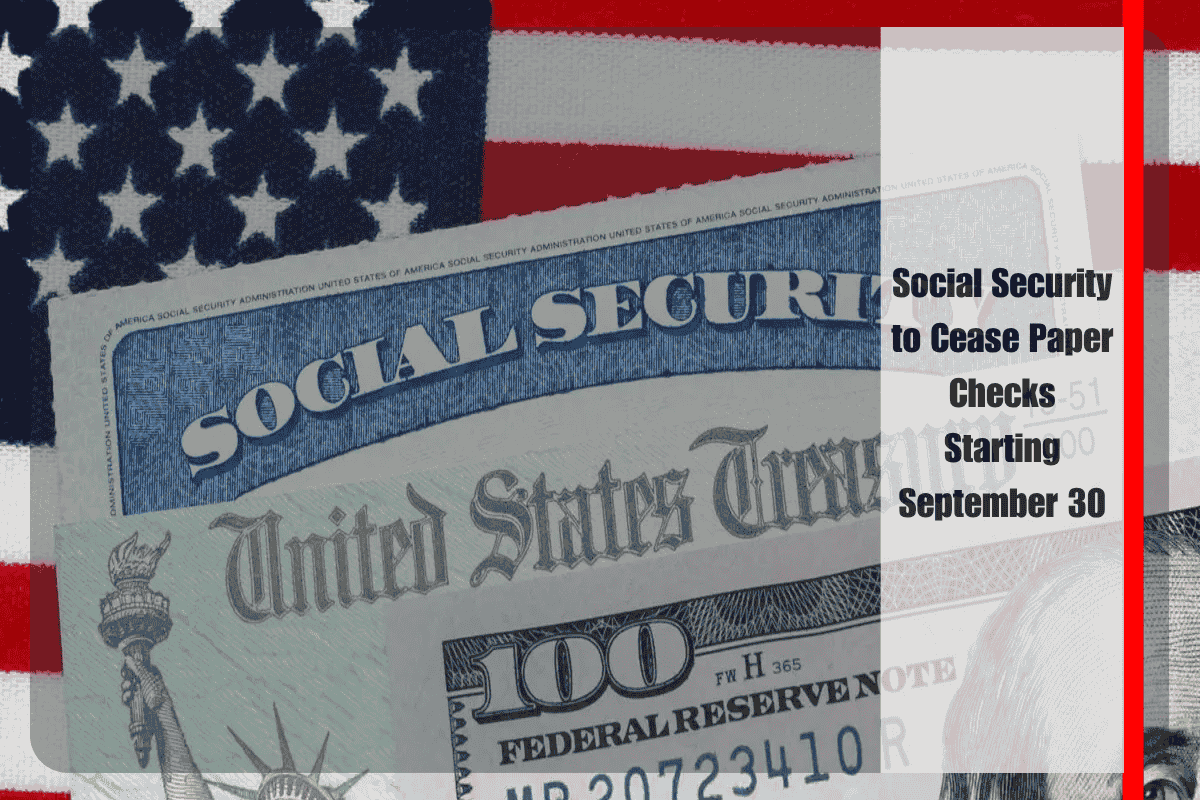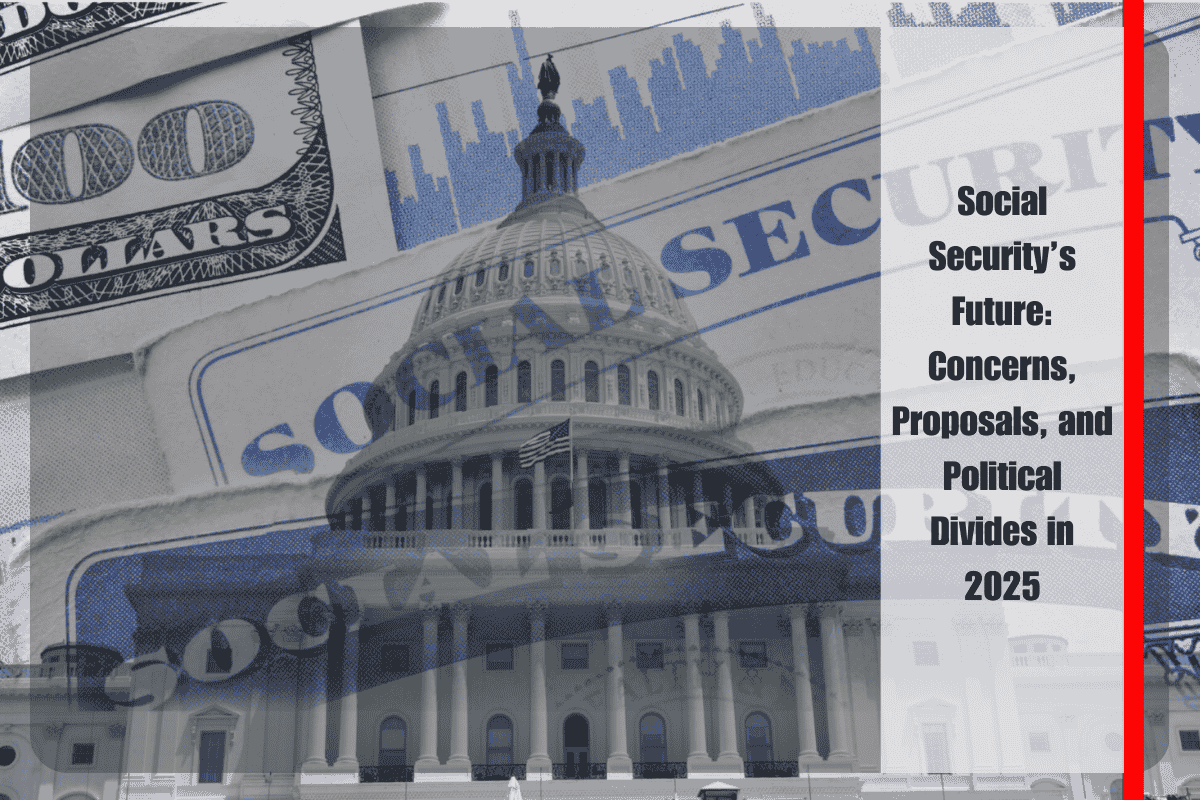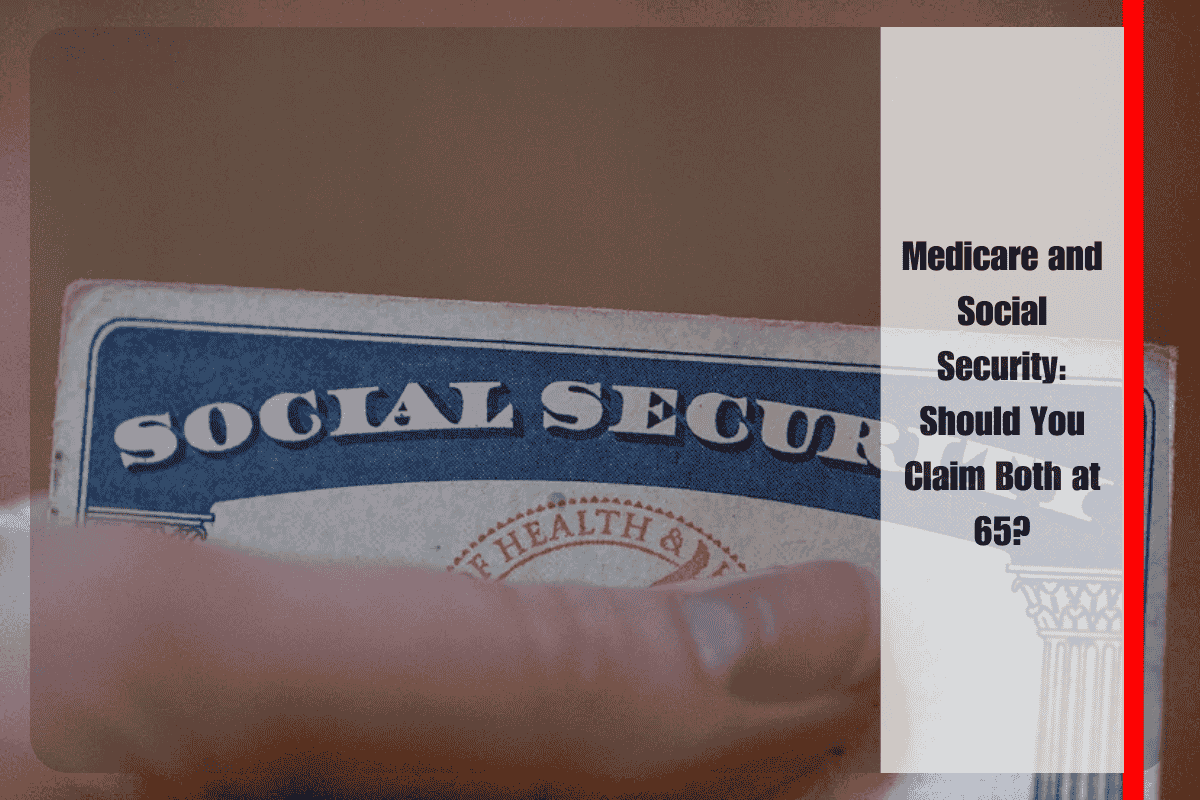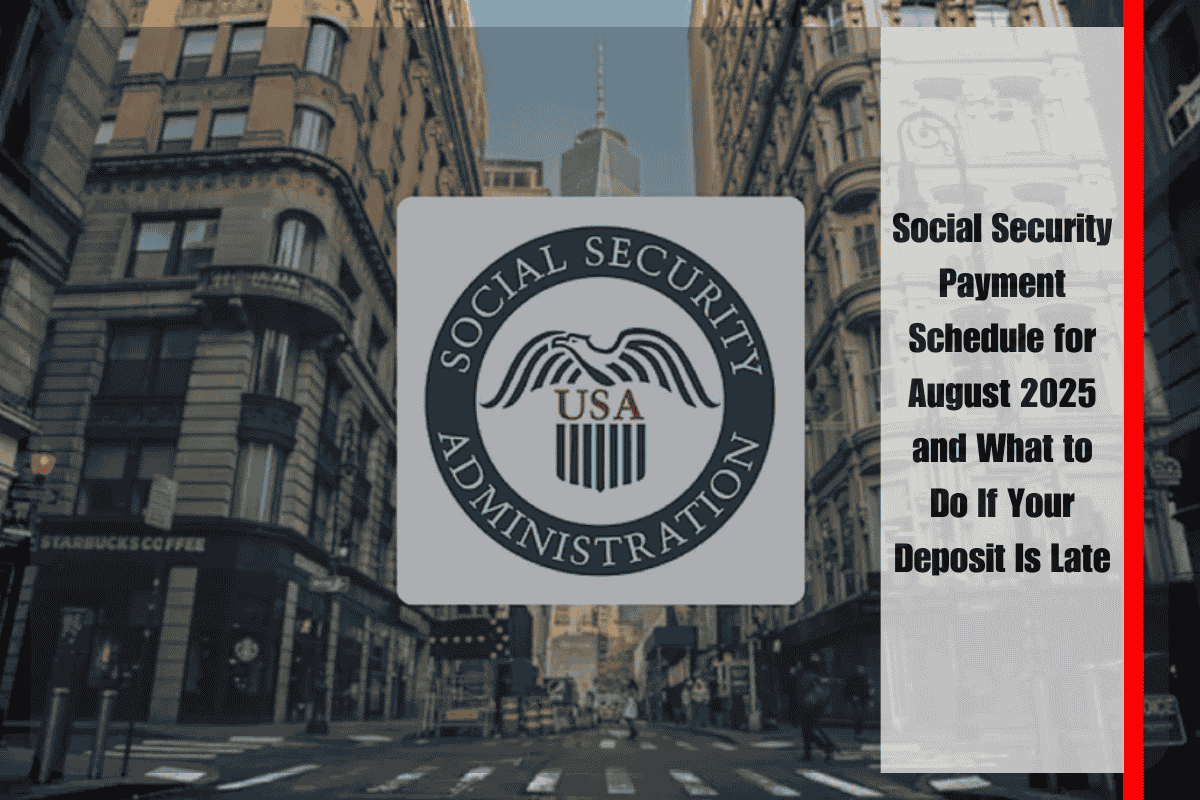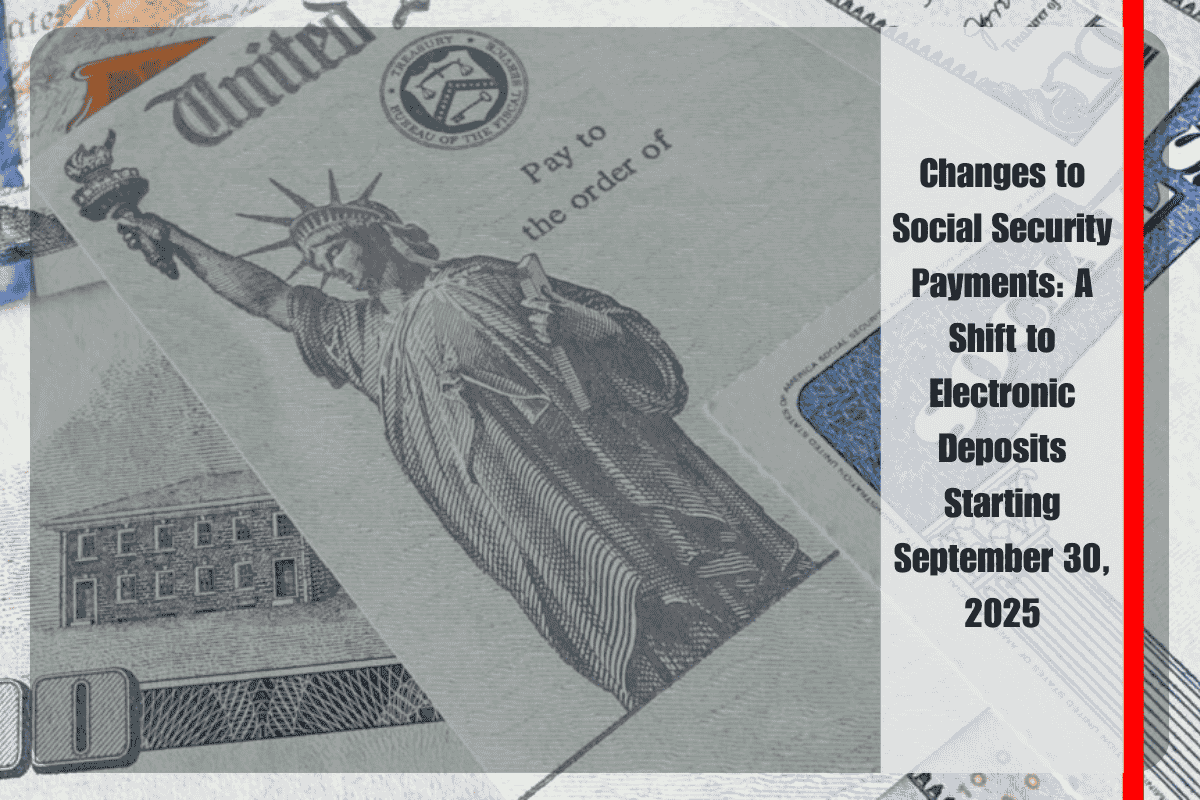As part of a broader effort to modernize the delivery of federal benefits, the Social Security Administration (SSA) has announced that it will stop sending paper checks starting September 30. This change will affect the small percentage of Social Security beneficiaries who still receive their payments via paper checks, estimated to be around one percent of all recipients.
Under the new policy, those beneficiaries will be required to select one of two electronic payment options: direct deposit into a bank account or payment through a pre-paid debit card known as Direct Express. The U.S. Treasury Department supports this change, stating that it will help reduce fraud and save costs. The cost of issuing a paper check is approximately 50 cents per transaction, while electronic payments cost less than 15 cents.
Despite the financial and security benefits, some individuals, particularly older recipients, have expressed concerns about the switch. Anna Berry, a Social Security recipient, shared her concern about her 84-year-old mother, who prefers paper checks and finds it difficult to understand technology.
However, there will be some exceptions to the new rule. Waivers may be available for recipients who are 90 years or older, those with documented mental impairments, or individuals living in remote areas where electronic banking options are not accessible. Those seeking an exemption can contact the U.S. Treasury’s Electronic Payment Waiver Line at 1-855-290-1545 or complete a waiver request form online.
The SSA encourages all affected beneficiaries to transition to electronic payments before the September 30 deadline to avoid any disruptions in receiving their benefits.
